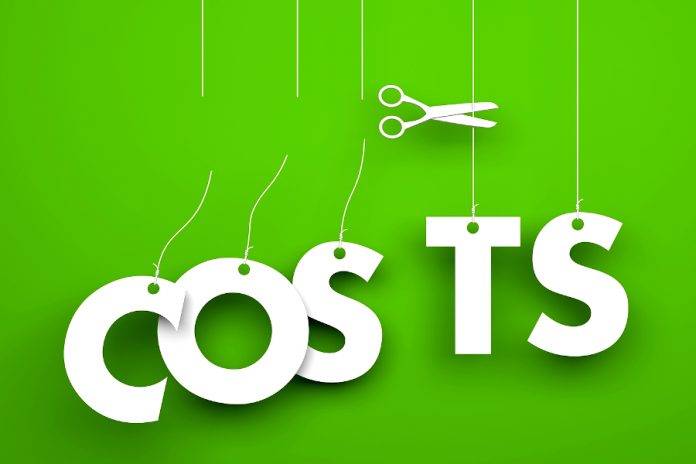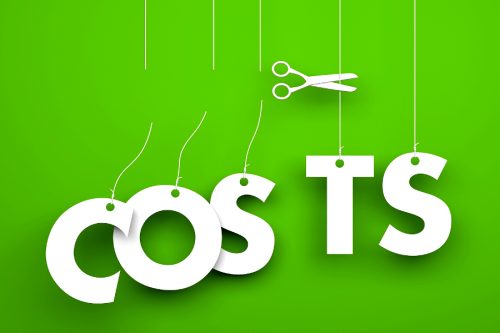
Life can be expensive at the best of times, but in the midst of a pandemic, when jobs and salaries are affected and times are hard, saving money can be incredibly difficult to do.
But don’t panic! There’s really no need, because there are lots of ways you can actually cut your costs that you might not know about.
Not only can you do a few things yourself, but there are people out there who realise their customers’ plights and are willing to help.
In this piece, we’ll take you through thirty ways you can save money during a pandemic…
30. Mortgage Payments
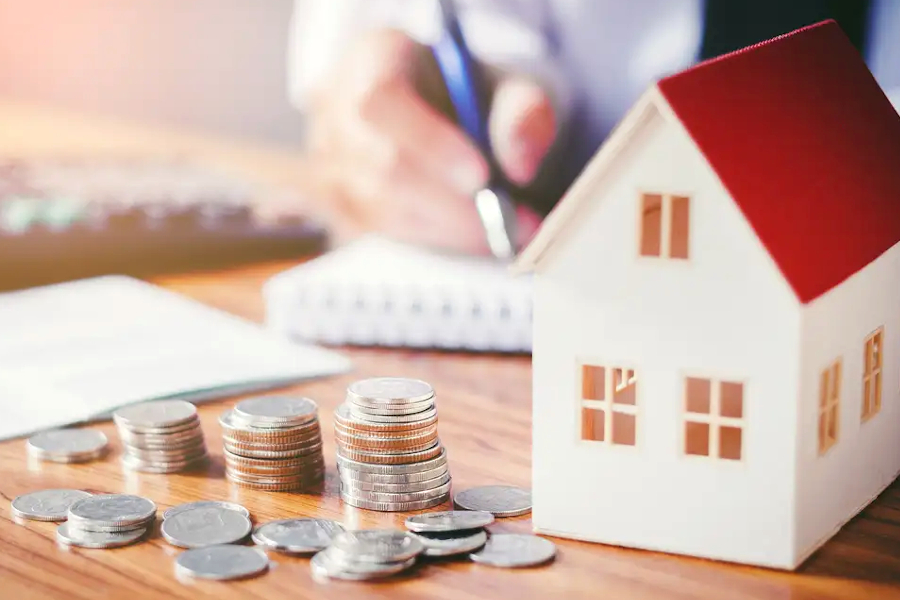
If you’re worried about paying your mortgage, never fear. Countless lenders are offering lenience to their customers in these trying times – so talk to them about the possibility of either lowering your payments until things get better, or even about the possibility of pausing your payments completely until you’re able to afford them again.
29. Utility Bills
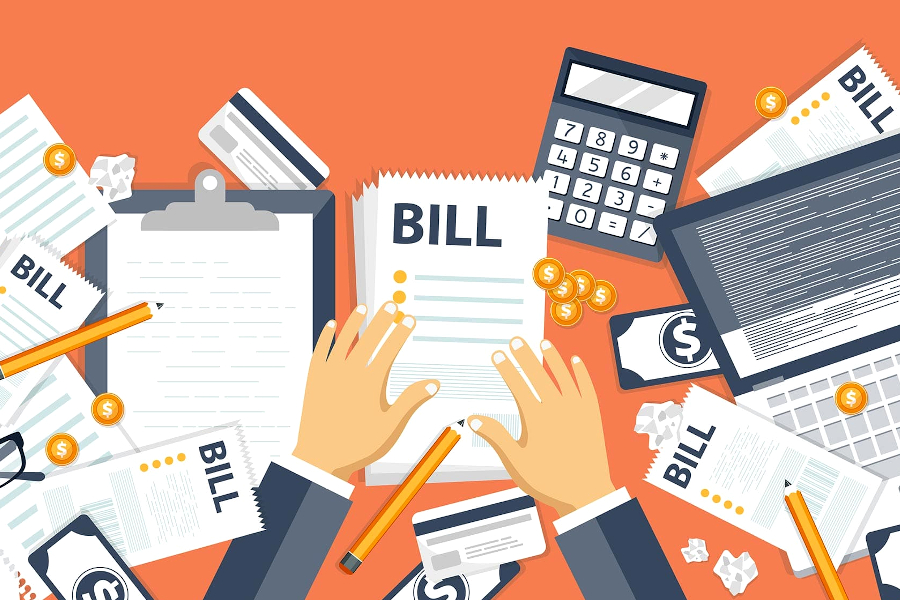
In the middle of a crisis, the last thing you want or need is having utilities like your lights and water turned off – and, thankfully, a number of utility companies are making sure that won’t happen, even in the absence of customer payment in these trying times. If it is a concern for you, however, give your utility providers a call to request deferment on your current payments or the possibility of getting on a payment plan.
28. Property Taxes

While there’s no official widespread waiving or extending property tax deadlines to struggling homeowners, that certainly doesn’t mean you can’t or shouldn’t reach out to ask for some form of relief. Try contacting your local tax office to explain your own specific circumstances and see if they’ll do a deal with you. Of course, you’ll still have to pay them eventually – much like your mortgage – but you might get a little respite in your time of need.
27. Internet Service Providers

Given how useful the internet is in the midst of a pandemic – it provides news on the situation, allows people to remain in face-to-face contact with loved ones, and enables shopping from the comfort of your own home – the last thing you want is to be disconnected from it. So, if you’re concerned about paying your home internet bills, give your provider a call and talk to them. Several of them are offering payment flexibility to customers whose income has decreased.
26. Bundle Phone and Internet

On a strongly-related note to the previous point, have a look around for deals that bundle your phone and internet services into one cheaper package – if you’re not already doing it, that is. These days, it really makes no sense to pay separately for phone and internet at the best of times, let alone during a crisis.
25. TV

Are you making the most of your currently television deal? Do you honestly need all of the stations you have available to you? If not, why not look at a cheaper deal that only provides you with the channels you actually watch? Granted, you’re likely to watch more TV than usual during a pandemic, but do you really need that channel about poker or the one about fishing? Really? We thought not.
24. Pets

We love our pets – and rightly so, because animals are amazing and they’re especially important when it comes to providing us with company in the midst of a pandemic – but while times are hard, go a little easier when it comes to spending money on them. Sure, we love gifting them with toys and treats, but dogs, cats and other animals will love you just as much if you provide them with the basics; food, love and shelter – especially if it’s only for the duration of the crisis.
23. Spend Less On Food

Watch what you eat. Being stuck in the house for more time than you usually are can make it tempting to order more takeaways, but you should avoid takeaways completely if you’re struggling for cash during a pandemic. It’s far cheaper to buy and make your own food – and it’ll pass the time more efficiently if you do that as well. More to the point, look for cheaper options when it comes to buying food in supermarkets – these days, it’s easy to find food of equal quality to the more expensive brands for a much cheaper price.
22. Use Leftovers
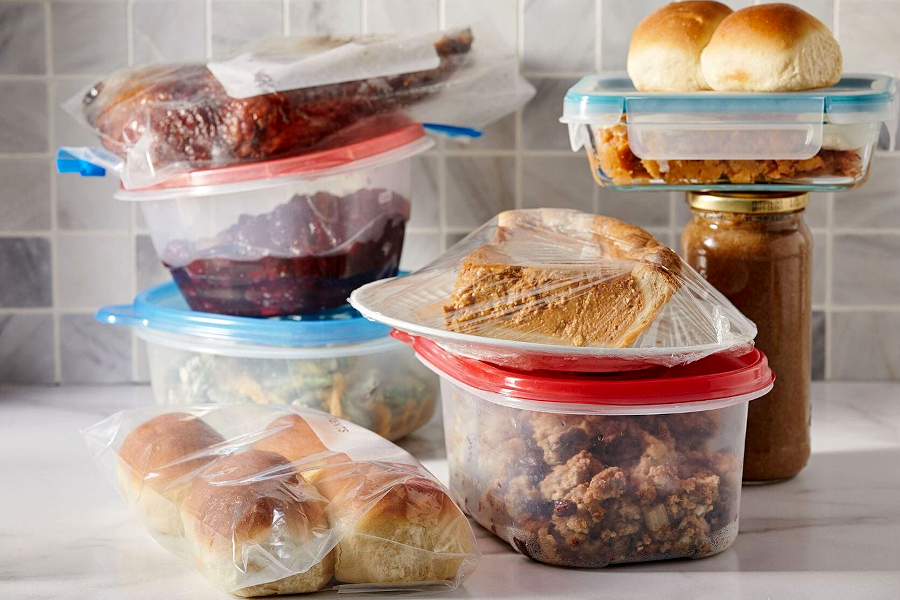
When you’re eating or preparing food, what’s the first thing you tend to do when there’s a little bit left over? You throw it in the trash, right? Stop doing that! If you’re chopping vegetables or preparing rice and there’s some leftover that you aren’t going to use, keep it to one side to throw in a stew later. If you don’t eat all of your meat, give it to your dog as a nice treat for his/her next meal. Essentially, when you’re about to throw food away, ask yourself if that could be consumed at a later time. Just because it’s not going to be eaten there and then doesn’t necessarily mean it’s no good!
21. Stop Smoking

If you’re a smoker who’s been wanting to stop for some time and you’re struggling for funds due to a lack of work or a decrease in salary, why not use your situation as the ideal motivation to stop? Regardless of how much you smoke – whether it’s one cigarette per day or forty cigarettes per day – the long-term savings you make by stopping will be monumental. Use your time to focus on something else when you would normally smoke. You CAN do it!
20. Stop Drinking

Everybody who enjoys a drink loves the occasional drink in the house – it’s a great way to relax and wind down – and it can be even more tempting to have a drink when you’re confined to your home more than usual, but in the midst of a financial crisis, wouldn’t it be a good idea to stop? Alcohol is expensive and bad for your health, so use your willpower to make the best of a bad situation and cut the booze out of your life. Your bank account will look much better for it!
19. Grow a Garden

If you eat any fruit or vegetables that can be grown in a garden, why not save some money by growing your own? All you need is soil and some seeds – its easy! Apples, carrots, peppers, tomatoes, berries, chillies and squash are just some of the produce that can be grown from the comfort of your own home (and it tends to taste a lot nice than most of the shop-bought produce as well!).
18. Cut Down Use of Utilities
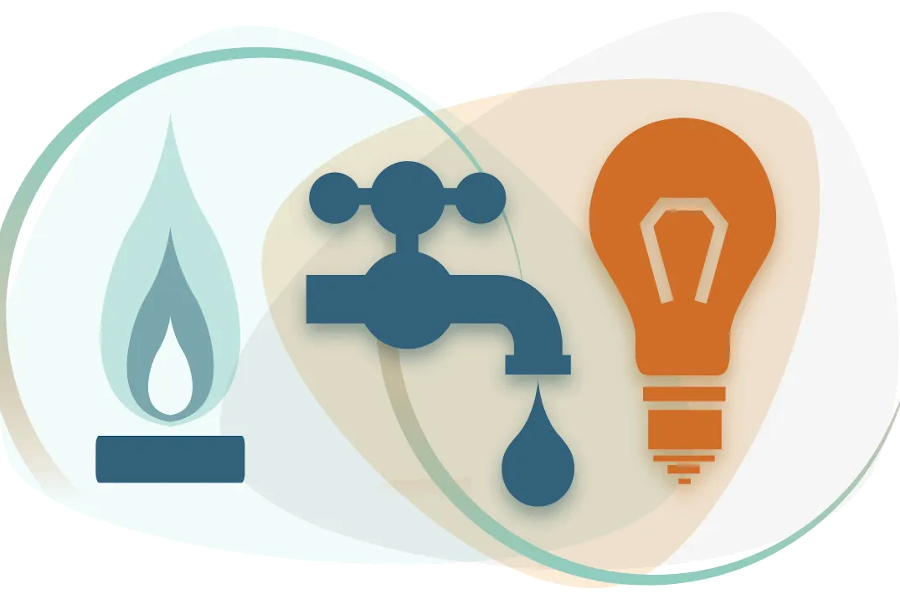
Electricity, water, heating – you can bet your bottom dollar that you’re using more of all of these than you should, so stop it! To save yourself money, turn off any lights when you leave a room, don’t leave taps running when you’re not using the water, and only turn the heating on when you need it on (do NOT pre-program it to come on at specific times). Apply this notion to all aspects of your life and you’ll work wonders on your financial situation.
17. Be More Energy Efficient

This is heavily-related to the previous point, but it’s coming at it from a slightly different viewpoint – try to be more efficient when you do have to use energy. For example, wash your laundry with cold water whenever possible, as the hot cycle uses significantly more energy. Use energy-saving light bulbs instead of normal ones. And when using your home computer, use an advanced power strip for convenience – then all of your accessories are turned off with one switch.
16. Consolidate Your Debt

$16,425. That’s the average balance in the United States for every household with a credit card – and with an average interest rate of 16.49%, that means Americans are throwing away, quite literally, MILLIONS of dollars each month on interest charges, whilst overpaying with a credit card for all those luxury items. Give your credit card company a call and ask for a lower interest rate – or even call a nonprofit credit counseling agency and consider enrolling in a debt management program. Your expenses can be consolidated and the counselors will work with lenders to lower your interest charges. Courtesy of one monthly payment to the non-profit, funds will be distributed to lenders – and the counselors will also set up a budget that’ll help you to get out of debt.
15. Lower Your Insurance Premiums

Insurance is a lot like cable and cell phone bills. It takes an I.Q. of 170 and/or dogged determination to figure out all the confusing charges. Here are a few simple tips: Shop through an independent agent, who will compare prices and policies. It’s often cheaper to bundle auto and home insurance through one company. Raise your deductibles if possible. The difference in monthly premiums between a $250 deductible and a $500 can be substantial. Driving less (or better yet, carpooling) will reduce your car insurance rates because the less you drive, obviously, the less chance you have of getting into an accident. If your car is old and paid for, eliminate the costly collision coverage. Buy term life instead of whole life insurance. The premiums are much lower.
14. Check Your Subscriptions
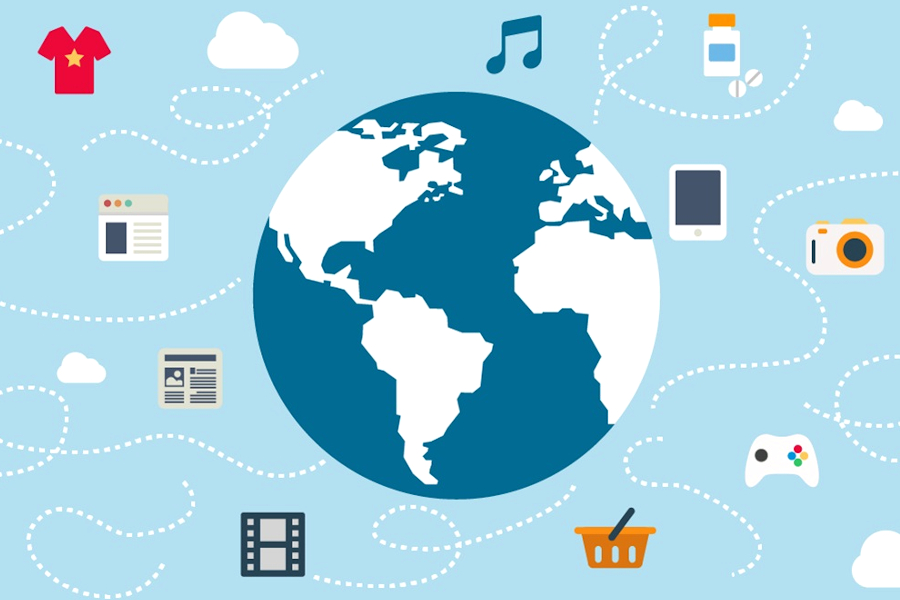
Do you have subscriptions and/or memberships to things you don’t use or make the most of? Maybe it’s a subscription to Amazon Prime that you aren’t benefiting from? Maybe you have a gym membership that you pay monthly for which is going to waste? Maybe you’re subscribed to a magazine that you’re no longer overly interested in, but haven’t cancelled it out of habit? Perhaps you have a Netflix subscription that you’re barely taking advantage of? Cancel them all!
13. Use Free Trials

For the duration of your isolation during a pandemic, why not utilise as many free trials as you possibly can? We just discussed cancelling unnecessary subscriptions, but most of them come with the option of a free trial before you commit to paying for them, so why not take up that option with things like Amazon Prime, STARZ, Disney+, Apple TV+, HBO Now, Philo, Boomerang and fuboTV? It’s a great idea!
12. Stay Fit For Free
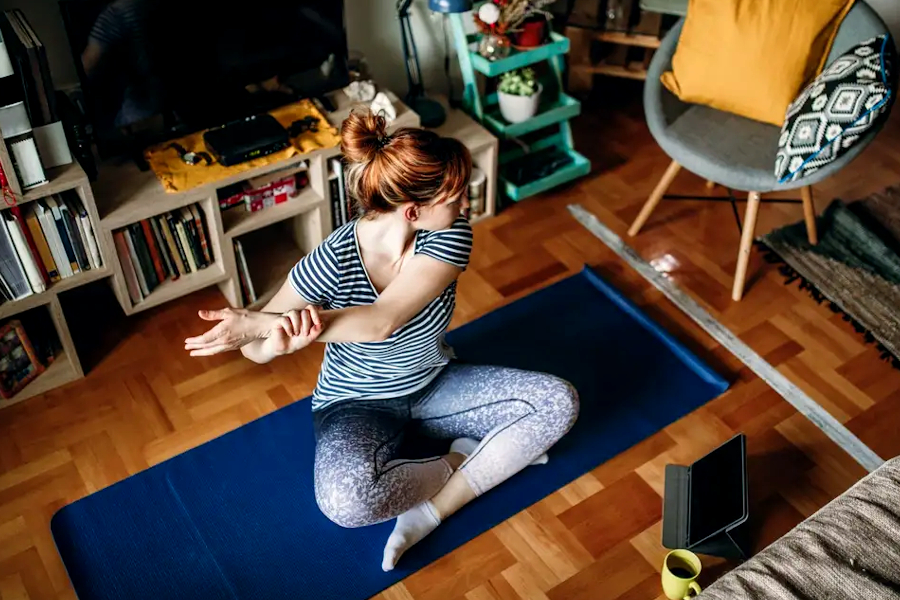
Instead of using a gym or purchasing expensive fitness equipment, why not just go out for a few leisurely runs or even take part in fitness sessions from the comfort of your home? There are countless free live streams by fitness gurus that enable you to follow simple exercise routines to keep you in shape without paying a small fortune.
11. eBooks
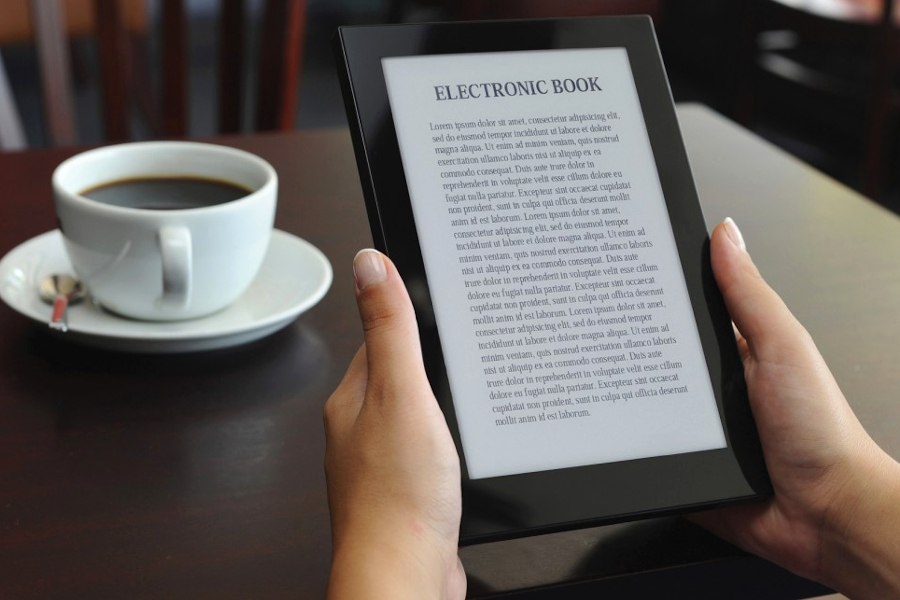
If you’re an avid reader who would usually head out and buy the latest best-seller in hard copy format, why not take the cheaper option and build an e-book library? Not only will you avoid risking catching a virus in the midst of the pandemic, you’ll also save money and keep yourself entertained while you’re isolating.
10. Don’t Buy Non-Essential Items
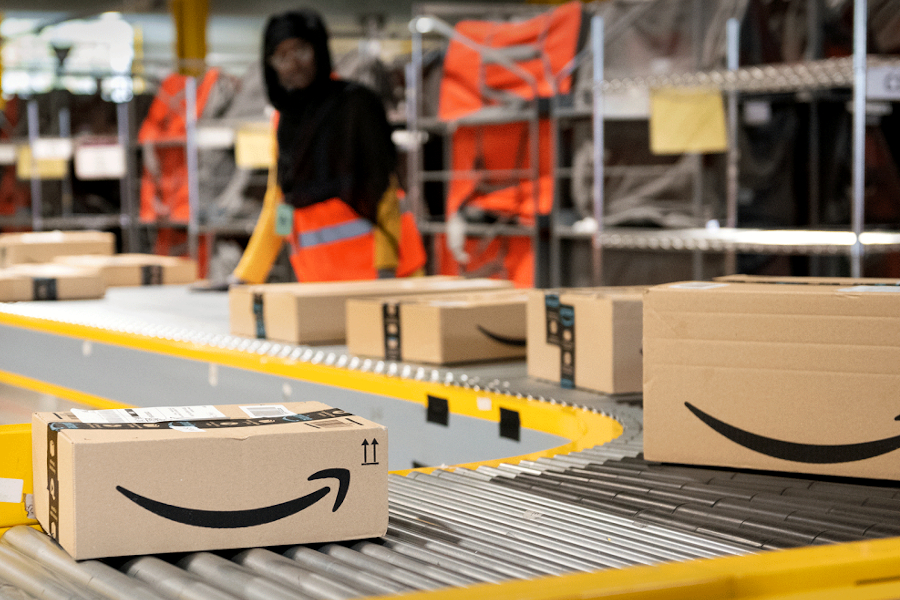
If you’re in isolation during a pandemic, it can be very tempting to purchase expensive new items to keep you entertained – games consoles, Kindles, tablets and other high-tech gadgets. But why not try to keep yourself entertained in a less expensive way? Maybe you have some books that you bought, but never got round to reading? Maybe you’ve always wanted to draw, paint or write? Get creative and learn a new skill – there’s no need to break the bank to have fun at home!
9. Clean Out Your Closet
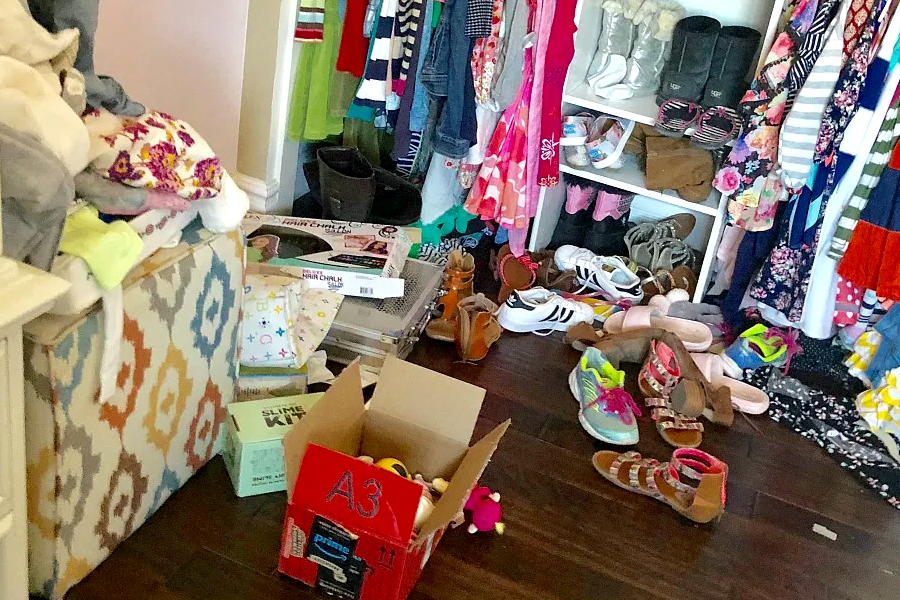
If you’re stuck at home, you should finally find time to clean out those pesky cluttered closets – and you should consider making yourself a little money to ease your financial worries by selling some of that old stuff you find in there. Your trash could be somebody else’s treasure – and you can sell it, from home, on digital marketplaces like Poshmark, ThredUp, Tradesy and, of course, eBay, for a small commission fee.
8. Sell Unwanted Gift Cards
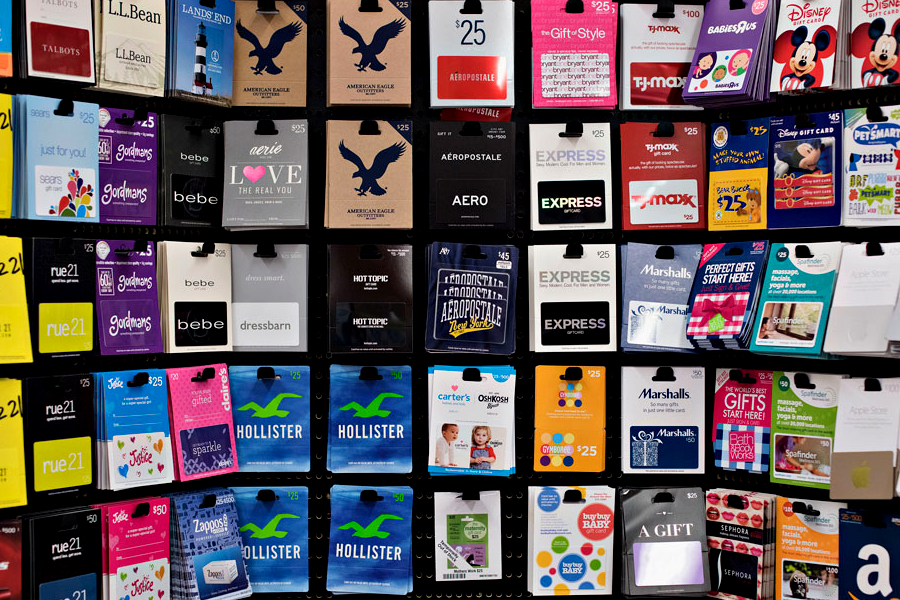
Gift cards should always be appreciated – they did, after all, cost the person who gave you them some of their hard-earned money – but the gift cards we receive aren’t always of any use to us, if we’re being honest. But they need not gather dust in a drawer, because they’re still valuable, even if they aren’t specifically valuable to you. Gift card-giving is so prevalent that there are now a plethora of exchange websites that are willing to give you cash for your unwanted cards.
7. Look After Your Appliances
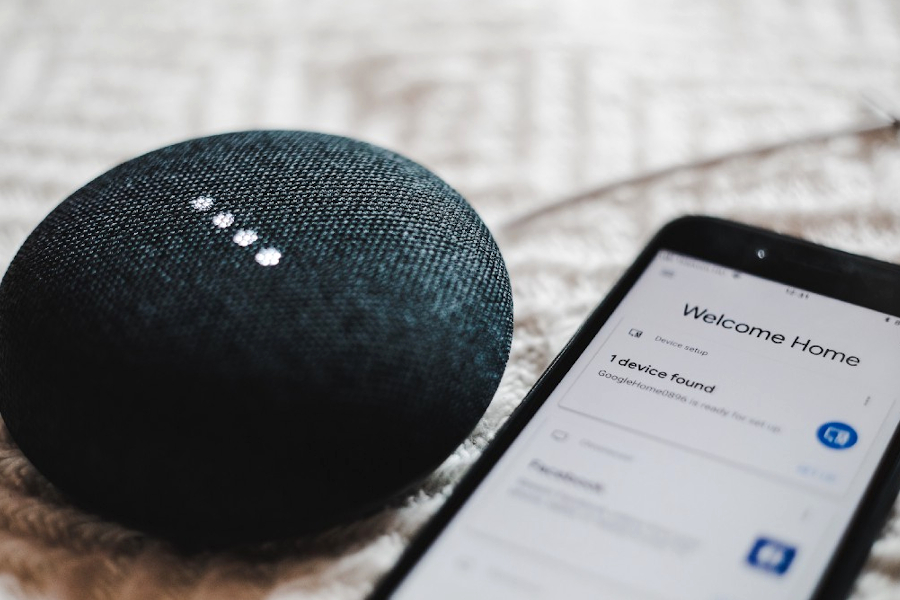
This one is more of a long-term money-saving activity, but why not start as you mean to go on during your isolation in the middle of a pandemic? If you take good care of your expensive goods – and indeed anything you own – you won’t have to replace them as often which, over time, will undoubtedly save you money. Just think about that next time you decide to throw your phone down roughly or let dust build up inside your gaming console.
6. Sign Up to Rewards/Loyalty Schemes
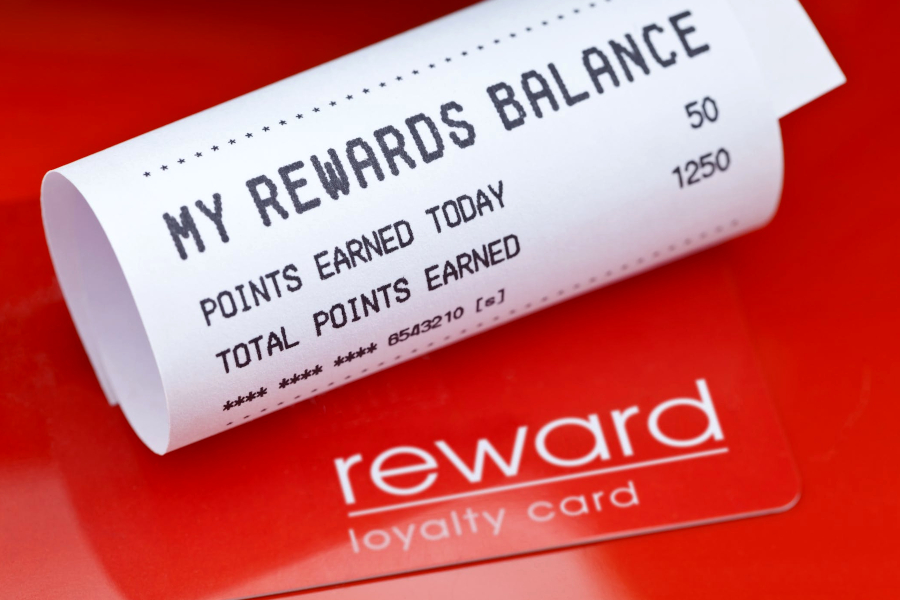
You know when you’re in a store and the assistant asks you if you have a loyalty card – and 99% of the time you shrug it off with a “no” out of habit? Well how about you start signing for loyalty cards and schemes so you can start saying “yes”? If your purchases with any given company allow you to accumulate points, those points can be exchanged for free products and services – and you’re more likely to be sent offers by the post and through email! Crazy, right? Why weren’t you already doing this? Do it now and start earning those points immediately!
5. Reduce Grooming Expenses

Out of habit, you probably get up most mornings and make yourself look great – styling your hair and (if applicable) putting on your makeup. But in the midst of a global pandemic, when you’re in isolation, is there really any need? Granted, looking good can make us feel good, but if you aren’t going to see anyone – or if the only people you’re going to see are those people closest to you who already no what you look like without immaculate grooming – is there really any need to use or buy the costly products that make you look so great? The answer is a resounding “no”!
4. Coupons
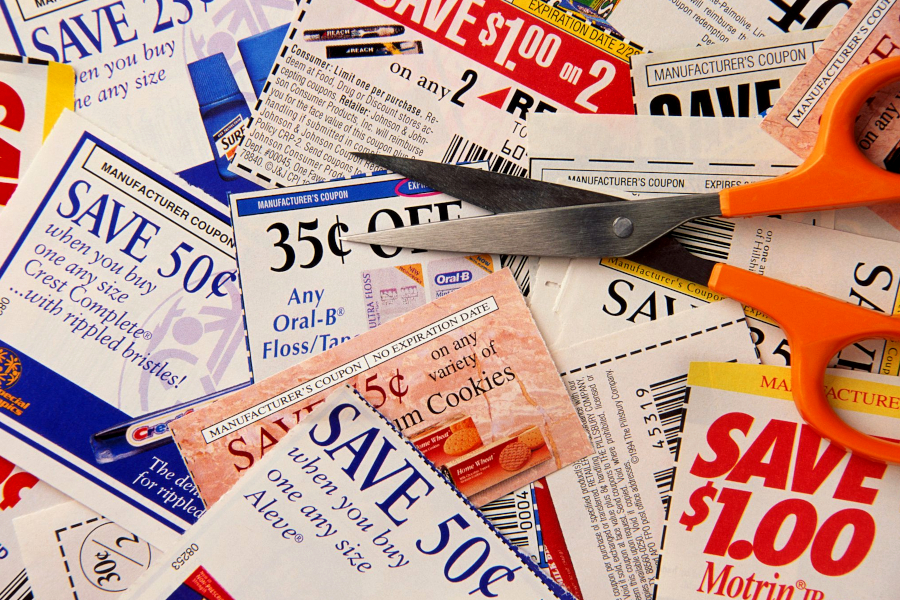
Coupons are always a good idea, but in the midst of a pandemic, when you might not be earning as much as you usually would be, they’re an absolutely fantastic idea. Look for them in newspapers, magazines, in leaflets and online – any discount you can get on food or anything else can help you greatly in troubled times.
3. Be More Economical
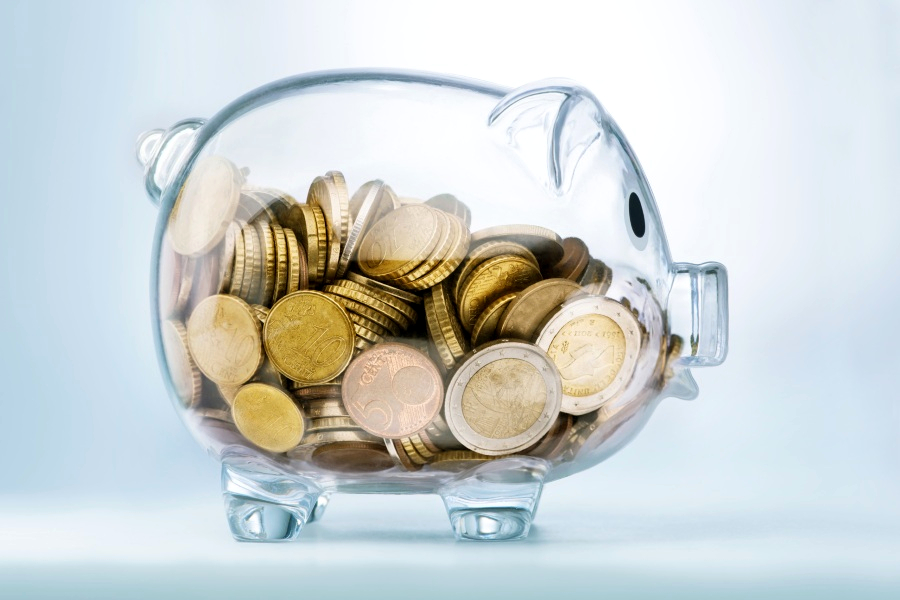
This particular point could apply to so many aspects of life but, essentially, the message it that you can save money by getting more use out of everyday items. If you wash clothes after only wearing them once or twice, get an extra day or two out of them to save money on water. If you plan on buying a plant pot, use an upturned plastic drinks bottle that you would otherwise throw away instead. Or even make two cups of tea using a single tea bag. Every little helps!
2. Don’t Spend For a Couple of Days
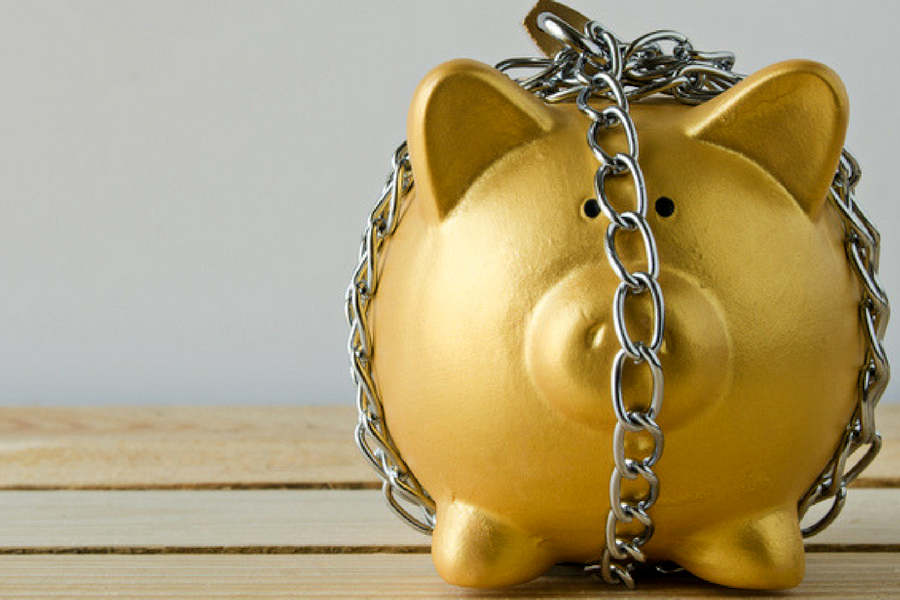
This might sound like a silly or obvious one, but most of us spend at least a little money every single day. It comes natural – to the point that we don’t really think about it – so imagine the impact on our finances if we just made a deal with ourselves to not spend anything for a day or two (a whole weekend, for example)! The long-term impact would be huge if you could do it once a week or even once every couple of weeks. Spending is way too easy – especially these days – so consciously avoid it for a couple of days every so often and just watch the positive impact it has.
1. Walk More
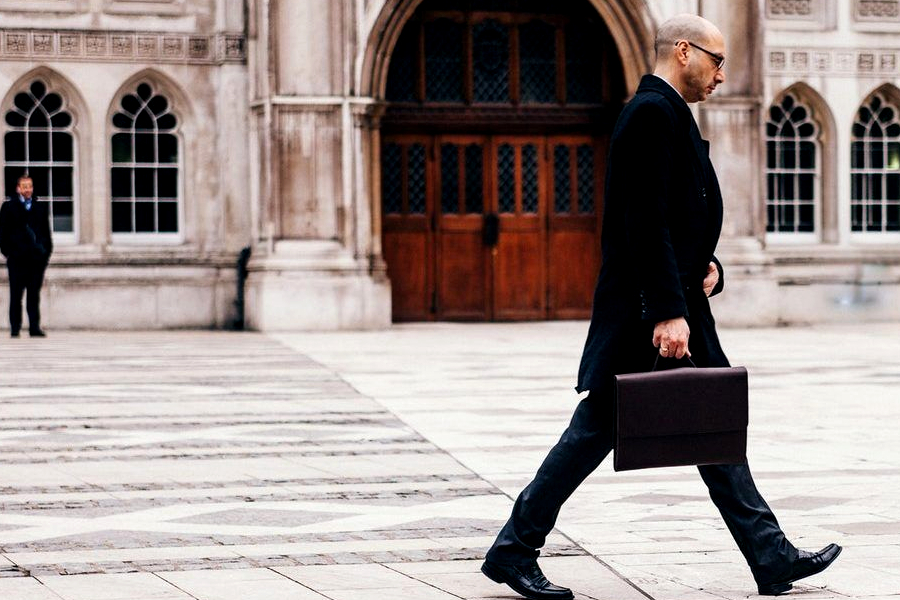
On a normal day, it’s too easy to just get in the car or hop on a bus to get to destination you could just as easily walk to – it’s convenient and quicker, after all. However, in the midst of a pandemic, when exercise is one of the only reasons you’re allowed to leave your house, why not walk instead? Not only will you get fitter and take in some much-needed fresh air, you’ll also save money.


